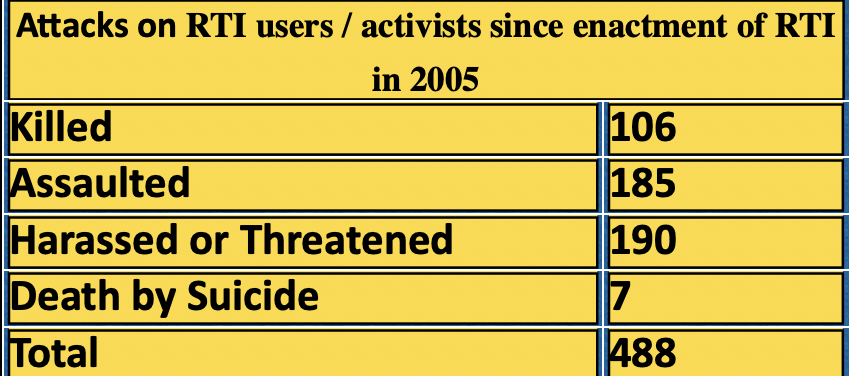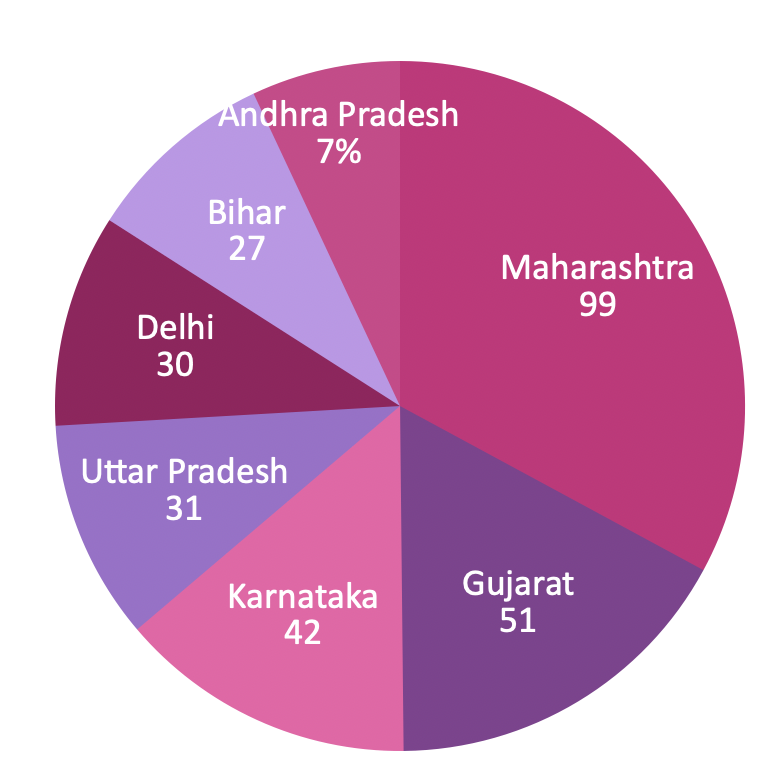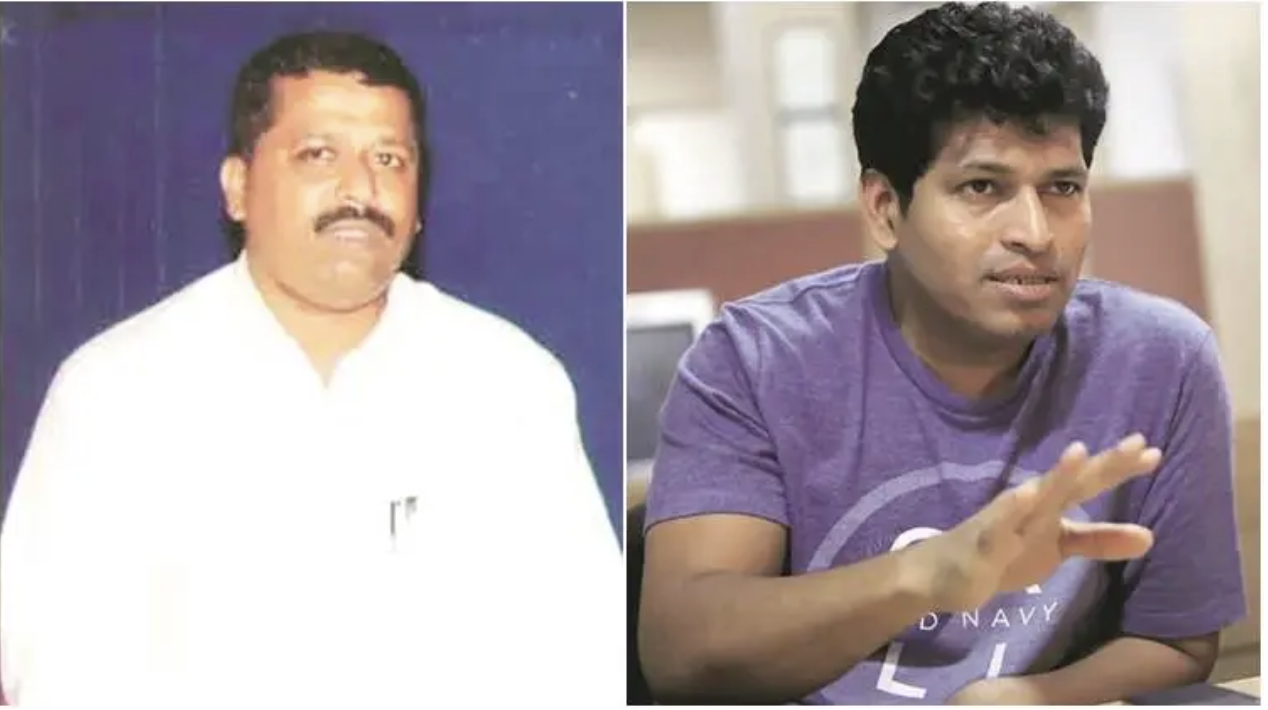With unabated attacks on users, activists fear the Right to Information (RTI) is more constricted than ever before, its ambit systematically whittled down by laws and policies, says Ashutosh M Shukla.
For the empowering RTI Act which celebrated its adulthood this year, the reality is starkly different from the enfranchisement one achieves on turning 18. This year is marked by extremely damaging and regressive amendments, even as vacant posts of information commissioners, adverse court orders and non-implementation of “positive” ones from the few transparency-oriented information commissioners.
As per information collated by the Commonwealth Human Rights Initiative (CHRI), in this year alone, there have been two deaths and three cases of assaults, threats and harassment till now. Since the Act got enacted, 106 users were killed and a total of 488 been assaulted, harassed and/or threatened. Those being killed have not got justice except for a few cases that were not high profile or were people were related.

Apart from the killings and harassment of RTI users, the ambit of the RTI Act has been systematically whittled down by laws and policies.
This year, the most recent and damaging amendment to the Digital Personal Data Protection (DPDP) Act did away with section 8 (1) (j) of the RTI Act, which brought citizens at par with elected representatives in access to information. The section also protected the individual’s privacy while safeguarding access to personal information. With the amendment, any personal information can be denied.
“Section 8 (1) (j) has been amended and so now the law says all information that is personal will be exempt. Earlier the section had a very nuanced provision that protected privacy of individuals while balancing a person’s right to information. Lot of personal information, names of loan defaulters or funding of political party or information about beneficiaries will be denied citing this amendment,” said Anjali Bhardwaj, co-convener of National Campaign for People’s Right to Information (NCPRI), which has been at the forefront of advocating citizens’ right to information.
One of the grounds that led to the movement for RTI was transparency and the weeding out of corruption, particularly in beneficiary schemes. People, especially the marginalised and deprived, were beginning to get information through the use of RTI, said RTI activist Bhaskar Prabhu, adding that changes were seen on the ground. “When governments started to get cornered, they spoke of amendments. The present amendment will take away information from downtrodden and beneficiary information will not be given citing it is personal,” he added. Prabhu’s organization Mahiti Adhikar Manch, propagates RTI in Mumbai and Maharashtra.
In some states, commissioners have already started citing the DPDP to deny information allege activists in RTI meets even though it is yet to be fully implemented.

(Source – Attacks on RTU Users – Commonwealth Human Rights Initiative (CHRI))
It is this attitudinal change that worries them more as despite law and court orders, citizens were not getting information. A case in point was about loan defaulters whose information was sought. In 2011, the then Central Information Commissioner (CIC) Sailesh Gandhi, ordered that information of defaulters must be shared. The Supreme Court upheld his decision to RBI in 2015. However, all information that can throw more light into monetary transaction such as write offs, bad loans, those sanctioning them is not provided upholding the spirit of transparency in its true sense.
Putting RTI on a ventilator
“Write offs of loans are being done by banks but information on the same is not provided under RTI. These may not even be wilful defaulters. If you are writing off an amount that means you have lost all hope of recovery,” said Pune based RTI activist Vivek Velankar whose RTIs revealed wilful defaulters owning over Rs 2.05 lakh crore to nationalized banks this year.
He added, “While auctioning flats to recover dues, names of person and the guarantor are put out. But they are not willing to share details of loans they are writing off. If this detail is also available, we will know which director has sanctioned such bad loans and done write offs. Day by day, they are doing things that reduce the efficacy of the Act and harass RTI users and fail to pursue transparency. They have put RTI on a ventilator by neither letting it die or live. They will not let it die because there is international pressure but only harass applicants and not provide information,” added Velankar.
Harassment of RTI users
Harassment of RTI users, denial of information by public information officers (PIOs) have been on the rise largely due to non-functioning commissions or commissioners not taking a stern view. Activists say that in the guise of “misuse”, information is being denied with no recourse to fall back on as commissions are vacant and pending appeals and complaints ever rising. “I am not saying there is no misuse. There are people who may be misusing RTI. But I have never seen a narrative being built around any other Act like it has been in the case of RTI. There are so many other laws that are regularly misused but no one has made a narrative around them or its users. I blame the public authorities, courts and media also for this,” said Shailesh Gandhi, former central information commissioner.
“I do not justify misuse or blackmailing but stress is not on punishing the (bigger) wrong doer. Ninety nine percent of the time focus is not on illegality done. To me the stress is misplaced,” said Gandhi, adding that discrediting of the use of RTI became a handy excuse for non-disclosure of information and in turn transparency.
This, he says, has also emboldened public information officers to not provide information.
The price of information: A life
In worst case scenarios, there have been attacks and killings of RTI users.
Satish Shetty was killed in 2010 for trying to expose land dealings in Maharashtra and his brother, Sandeep Shetty, continues to run from pillar to post for justice. Only last month, Sandeep managed to ensure that the case is not closed.

“Satish had unearthed irregularities in large land purchases on Mumbai-Pune Highway. It was government land being transferred to a private party and he filed an FIR. After threats and allurements, he was killed but due to high profile people involved, the case never went ahead. Just last month, the Supreme Court of India turned down an order of the High Court that allowed the CBI to close the case on the ground that the hearing was erroneous. If the case goes as per merit, even the CBI will get exposed,” said Sandeep.
Activists say that when there are threats or assaults, the information commissioners should take the lead and show interest in such cases. “They should be prodding the government for speedy investigations,” said Venkatesh Nayak, director, CHRI. “But this year has been as bad as previous years. There is increasing opacity in important matters. Until SC is moved, posts of information commissioners do not get filled up. Annual reports (of commissions) do not come on time.
More RTIs, despite threats and assaults
The only heartening thing, Nayak pointed out, was that citizens, activists and media persons are continuing to use RTI. “Another heartening thing is the emphasis on suo motu disclosure and SC order that information commissions oversee it,” he added. In India, 60 lakh applications continued to get filed and large number of people use it in rural areas. Rajasthan and Karnataka have come up with the mechanism to suo motu give information and activists feel hopeful that a change of power should not result in this being stopped.
Fewer Information Commissioners
In August this year, the Supreme Court said that information commissions should ensure the mandate of suo motu disclosures is followed by public authorities. However, at many places, the commissions themselves are not working due to vacancies. At the Central Information Commission, a chief commissioner recently got appointed and has only one more commissioner even as pending appeals and complaints are now over 20,000.
In many commissions, there is no full-time chief commissioner. In Maharashtra, which has over one lakh appeals and complaints pending – the highest in the country, there is no full-time chief commissioner. Some commissions like Telangana and Tripura have not been functioning. “Each time one has to go to court for appointment of commissioners. The commissioners who get appointed are not pro-transparency. Throughout their lives, in government service, they have been non-transparent and then they are made commissioners. Even in case of online hearings the commissions have not taken any steps,” complained Prabhu.
Activists had approached courts after the Covid19 pandemic to ensure that online hearings become a permanent choice with applicants. But matters continue to drag unless citizens take the initiative and push for change.”It all boils down to political will, being transparent and provide good governance. Blow to RTI (transparency) is blow to democracy,” said Bhardwaj.
(The writer is an independent journalist who has been writing on RTI for over a decade)


